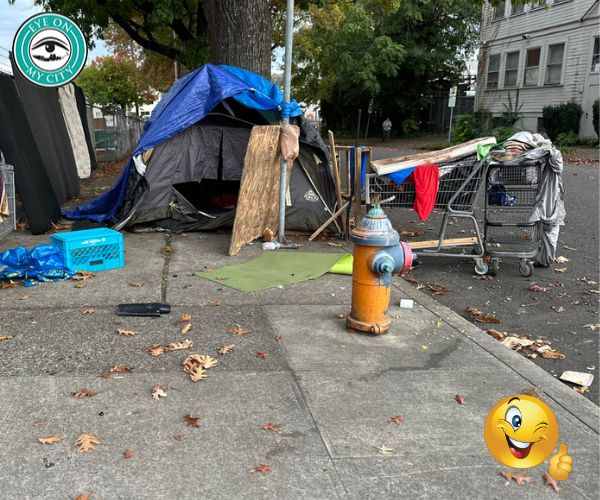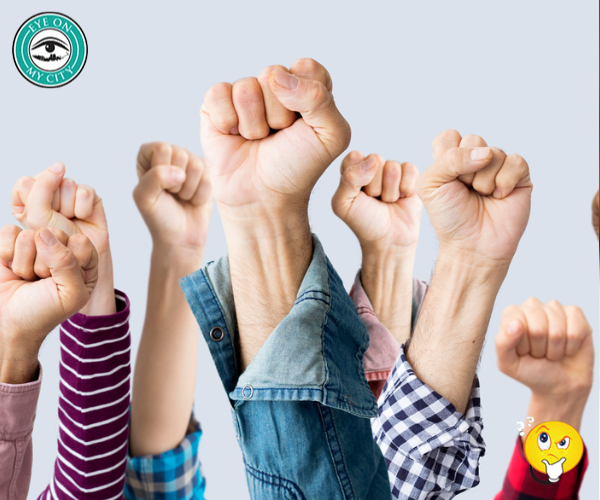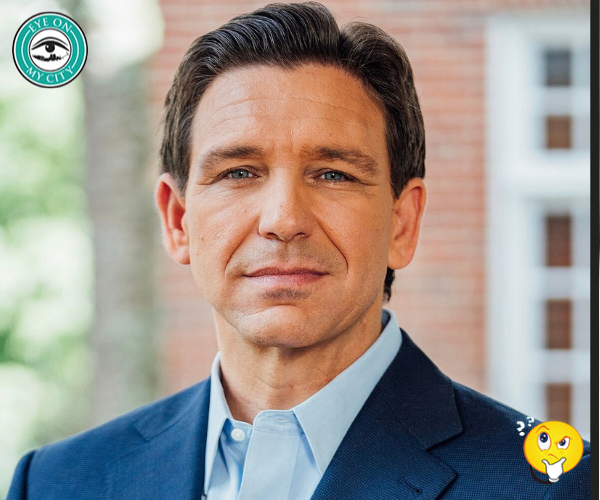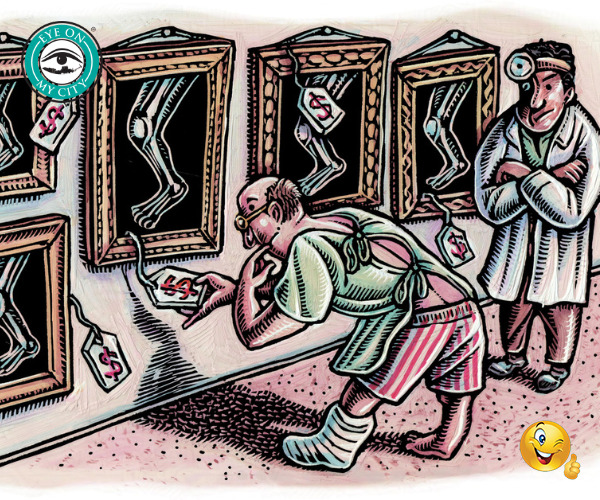Jacksonville city officials are taking a victory lap for what they say is a reduction in the number of homeless people hereabouts.
If there has been a reduction, that is a good thing. No rational person would want Jacksonville to become a Home of the Homeless like San Francisco and other cities ruled by clueless liberals.
But it isn’t clear just how much of an accomplishment the new data reveal.
A local organization called Changing Homelessness once a year tries to count the number of homeless people in the area. Obviously, it is difficult to get an accurate count, and they acknowledge that fact in their annual report.
Their numbers used show a 46 percent reduction in the number of homeless people in Northeast Florida from 2015 to 2025. They also show a 25 percent reduction from 2-24 to 2025.
The numbers are broken down into sheltered and unsheltered. Unsheltered means the people are sleeping in the streets. Sheltered means they are in temporary housing supplied by taxpayers or private donors.
The actual numbers for the 2025 count are 719 in shelters (71 percent) and 290 on the street.
Those on the street may be unsightly but cost nothing. In the shelters they are housed, fed and sometimes provided with clothing and health care.
What may be a more cost-effective means of helping the homeless is a program utilized by the Jacksonville Sheriff’s Office.
Decades ago, a policeman who came upon a homeless person would sternly advise him to get out of town. At that time, “vagrancy” was illegal. After it became a tool police used to arrest almost anyone for anything, a local lawyer sued and got a U.S. Supreme Court verdict striking down vagrancy laws.
But current state law makes it illegal to sleep in public places.
However, under a program called Homeward Bound, which is run by the sheriff’s office in conjunction with Downtown Vision, a homeless person may be given a ticket to return to his hometown, if he desires one.
Since October, 242 people have taken advantage of that option. That would account for some of the reduction.
The one-day count, incidentally, is not in accord with another census called Northeast Florida By-Name-List, which lists 2,475 people, 2 ½ times the number found by Changing Homelessness.
More than 40 organizations in the city are involved in trying to care for homeless people and reduce their number.
Reducing the numbers is commendable but the fact remains that about 90 percent of the homeless are not from Jacksonville and yet they are in local shelters, which means local citizens are paying for them to be there.
The question everyone should be asking is, how much are the local citizens paying? Local media apparently make no effort to report that number. They merely parrot the press releases.
According to one media report the reduction is attributed to “collaboration between the Jacksonville Fire and Rescue Department and the Jacksonville Sheriff’s Office, along with targeted funding that aims to expand shelter capacities in the city, introduce a homeless village and hotel accommodations, and boost funding for outreach and intake teams that connect people with housing and wraparound options.”
Most of the so-called non-profit organizations doing the work get some private donations but also get money from the taxpayers.
Eye on Jacksonville attempted to find out how much.
The Sulzbacher Center, one of the main providers of homeless services, spent almost $20 million in 2022, with 12 percent coming from the city and another 41.4 percent coming from the state and federal governments.
City officials provided Eye with information from the budget showing appropriations this year for homeless services of $7 million.
How many people are homeless by choice is debated but it is a fact that many are either addicted or have mental problems, which itself is a result of liberal efforts to “help” by emptying mental asylums.
There is a conundrum. Since 90 percent of the homeless are not local, it means they travel. And common sense tells you they travel to cities that offer the best housing, meals and other niceties.
Thus, the more “compassion” is shown probably is directly related to how many homeless people you have.
If you want to reduce the number of homeless people, it would seem that offering a ticket home vs. minimal services would be the proper course of action.










